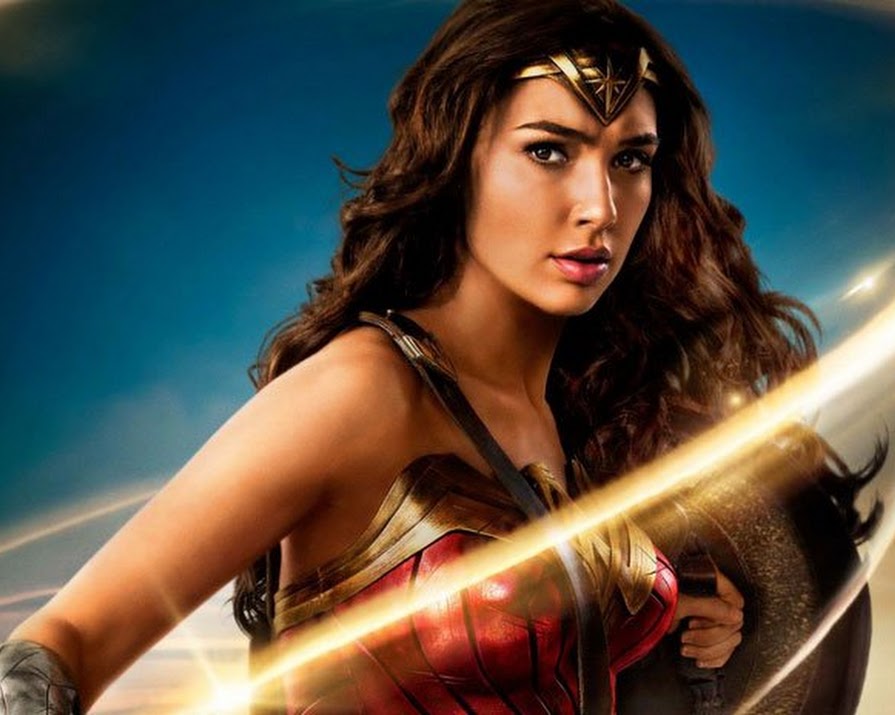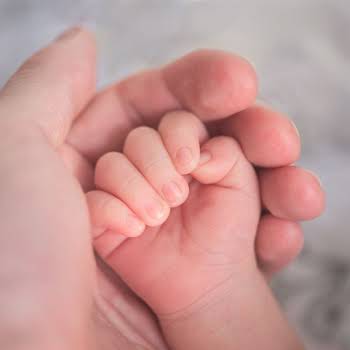By Jessie Collins
13th Jun 2017
13th Jun 2017
There’s a generation of girls growing up right now where Wonder Woman is their first superhero, Rey is a Jedi, and Ghostbusters are women – this is completely new says Jessie Collins, who gives it up to a pair of early heroines.
Niamh agus Pol ag sugru, an mathair sa chistin, an athair ag obair – this is what I remember from early Irish childhood curriculum books in school. It was stuff unchanged since De Valera’s ‘Happy Maidens Dancing at the Crossroads’ speech – mothers were squarely stuck in the kitchen, their daughters not far behind them.
And it wasn’t just our school books that were perpetuating the message. There were little or no strong, independent female protagonists on mainstream Irish media growing up in the 80s. The men got all the fun jobs on Irish children’s TV, interviewing the rock stars and anchoring the shows, while women were relegated to the craft portion of the programme. Even the more adult programmes that you bribed your parents to let you stay up and watch were clichés wrapped in a sexist stereotype. Dallas and Dynasty were all male-dominated, chauvinistic melodramas with women as nothing more than trophies; reduced to having eye-grazing shoulder pads as their only power play.
The one shining light in this churning repetition was a cop show formulated when its producer Barney Rosenzweig realised there had never been a female buddy film. Never. Cagney and Lacey came along in an era when there were practically no working women in cartoons or comics or kids movies. When, in Ireland, the Catholic church was still all-mighty, divorce was a foreign concept and affairs were just for French people. They provided an imagining of something completely other. The men were peripheral, the women independent and at the core, their relationship central. These were women, even as kids, we could relate to, and maybe even be in future.
What’s extraordinary is the lack of positive female role models has continued pretty much unabated since. A study this year found that 25 per cent of 5,000 children’s books examined had no female characters, while less than 20% showed women with a job, compared to more than 80% of male characters. It prompted the publication of Good Night Stories for Rebel Girls; a brilliant collection of one hundred stories about the lives of one hundred extraordinary women. The powerful video to promote it showed a mother and daughter removing books from a bookcase, according to whether there is a female character; does she speak; does she have aspirations; or is she just waiting for a prince? The end result? Practically no books left on the shelf.
It demonstrated what many parents, particularly mothers, already knew in their hearts; reading Cinderella and questioning the reasoning of setting this kind of hypothesis up from such an early age – just be sweet and kind and do loads of crappy housework and your prince will come. And it is still something being pushed for and being challenged by women on screen today. Just read Jessica Chastain’s comments at the end of her recent participation on the jury for the 2017 Cannes Festival. “I hope when we include female storytellers they will be more like the women I know in my day-to-day life. They are proactive, have their own point of view and don’t just react to men around them.”
So I have sworn to make my stand at home. I am editing out those staid old stories, even if it leaves just three books and a whole lot of empty space. The fact is there are countless women my age still thinking their prince will come. I don’t want that for my daughter, I don’t want her to interface with her life in relation to men – I want her to be the centre of making it happen, all action stations and independence, with zero question as to her lack of limits. It’s time to fully jettison the inherited traditional tales that have persisted in reestablishing a neutralised, largely helpless idea of a girl. We may have only had Cagney and Lacey to offer an alternative, but now there’s a generation of girls growing up where Wonder Woman is their first superhero, Rey is a Jedi, and Ghostbusters are women. Yes to that.























